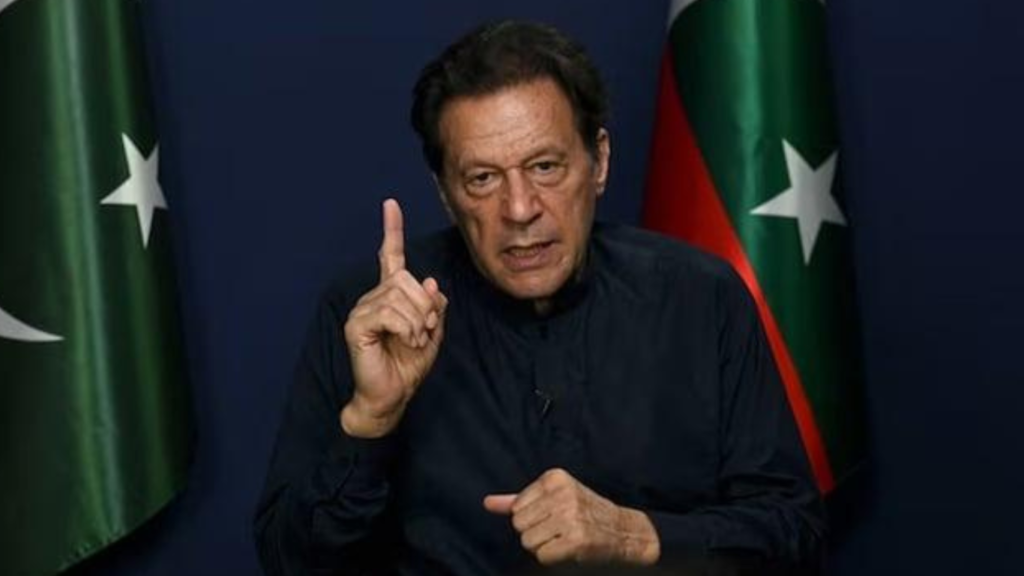
Imran Khan, the Prime Minister of Pakistan, is currently embroiled by opposition in a scandal about his letter to the International Monetary Fund.

A well-known Pakistani politician who had previously served as the Planning Minister has criticized Khan for displaying a lack of interest in the country.
An interesting blog that analyzes three headlines regarding Imran Khan’s letter to the International Monetary Fund (IMF) reveals the worries that were expressed and sparks a national debate.
Imran Khan’s IMF Letter: A Spark of Controversy and Intense Criticism Unleashed
First, Imran Khan’s IMF letter has caused a storm of controversy and strong criticism. The letter has cast doubt on the government’s economic policies and decision-making.
The letter’s development and submission were also criticized for lacking openness and public input.
The ex-Planning Minister’s harsh criticism has exacerbated the IMF letter dispute. The minister says Khan’s actions show a disrespect for the nation’s greatest interests and democratic ideals.
The lack of inclusive decision-making procedures has fuelled the debate and drawn public criticism..
Critics of the IMF letter include specialists and analysts who dispute its legitimacy and long-term effects.
The ex-Planning Minister claims that the letter’s criteria and obligations favor the IMF over Pakistan. This raises worries about Pakistan’s economic independence and national sovereignty.
Allegations of Enmity: Ex-Planning Minister Accuses Imran Khan of Betraying the Country
The ex-Planning Minister accused Imran Khan of abandoning the country by writing to the IMF. The former minister claims that the Prime Minister’s choice to approach the IMF without consultation weakens democratic institutions and shows a lack of democratic commitment.
The former Planning Minister claims Imran Khan’s activities are motivated by personal gain rather than Pakistan’s best interests.
First, the minister argues Khan’s economic policies and decision-making lack a thorough knowledge of the country’s requirements and goals.
Second, Khan’s intimate ties to foreign powers threaten national sovereignty. The charge of betraying the country derives from the notion that Imran Khan’s activities are driven by personal and external factors rather than real concern for Pakistan.
Assessing the Fallout: Ex-Planning Minister Explores Implications of Imran Khan’s IMF Letter
The ex-Planning Minister discusses Imran Khan’s IMF letter’s effects. The former minister worries about domestic economic strategies and priorities. The minister claims IMF requirements might impede Pakistan’s progress.
The ex-Planning Minister also warns of citizen welfare issues. The financial aid may compel Pakistan to cut social welfare and public services. The ex-Planning Minister also stresses national liberty and decision-making.
The minister said the IMF letter raises issues about Pakistan’s capacity to set its own economic policy because it carefully follows IMF guidelines and restrictions.
A detailed examination of Imran Khan’s IMF letter’s consequences shows a complicated network of economic policies, national sovereignty, and public welfare concerns.
The ex-Planning Minister’s investigation into this controversial letter’s effects sparks a national discussion about Pakistan’s economic destiny and leadership.




